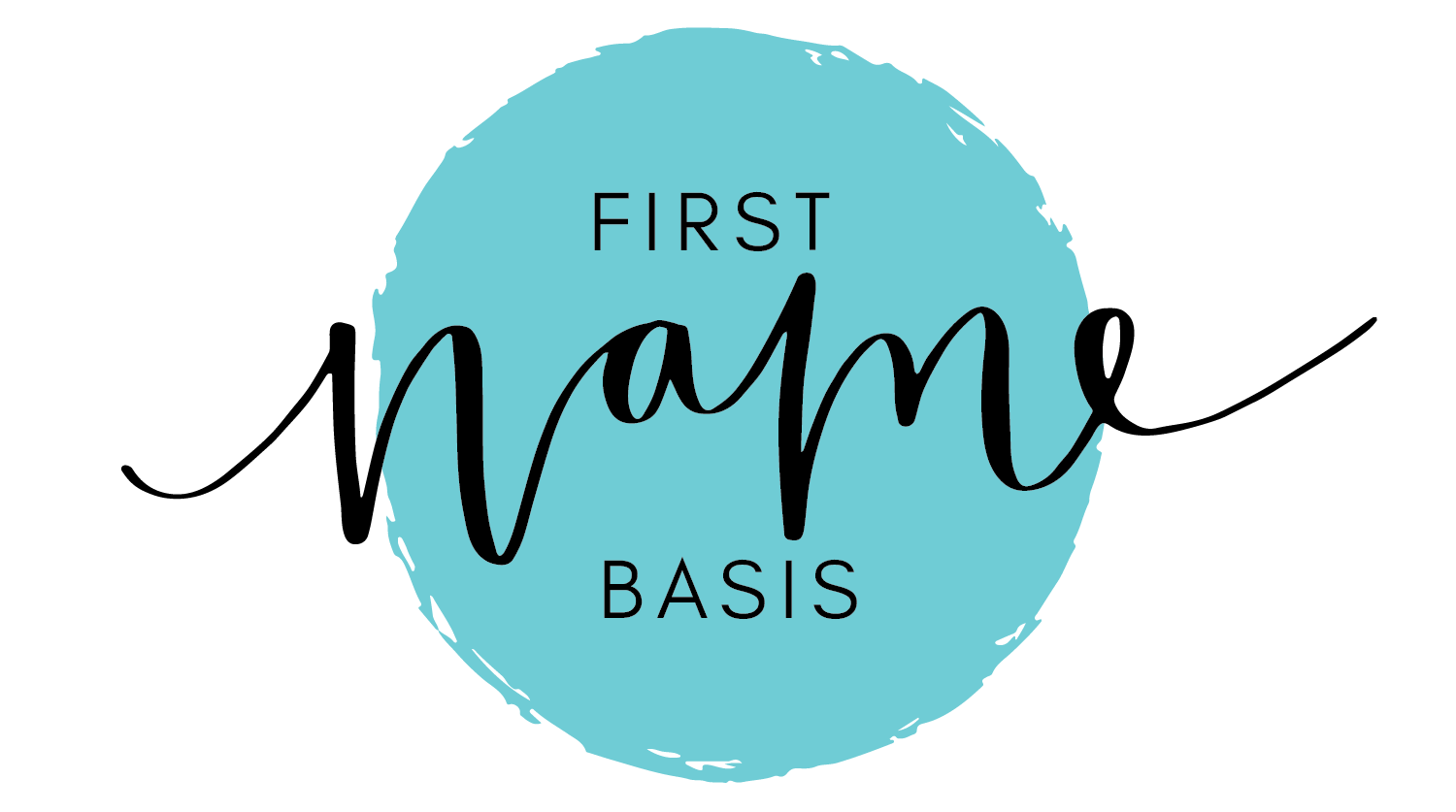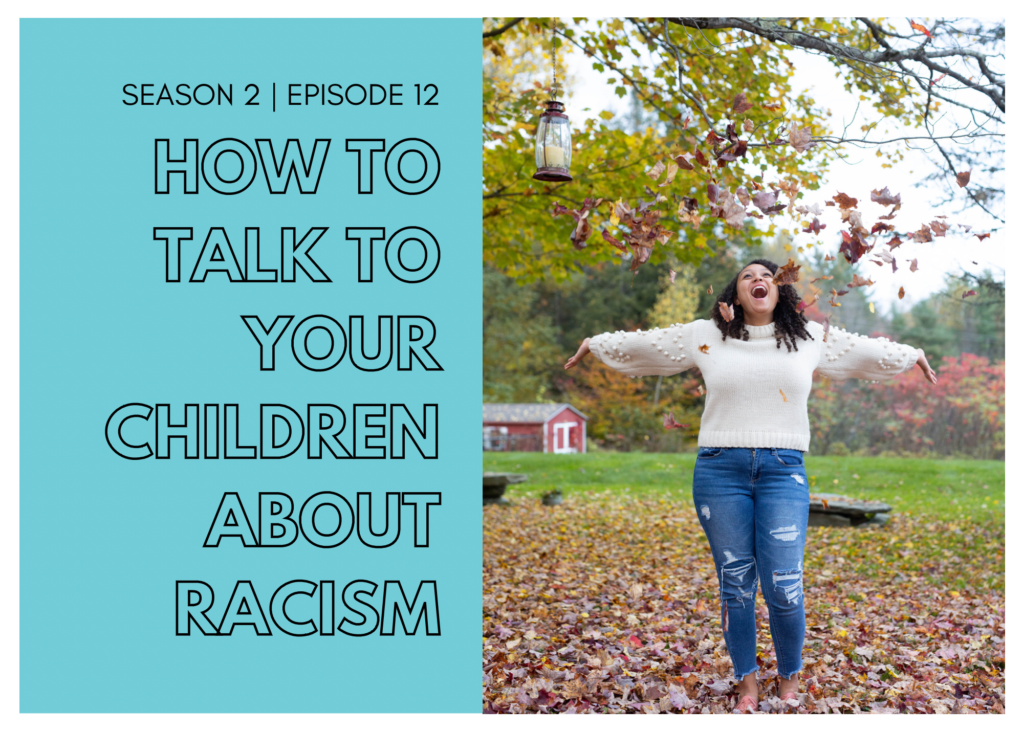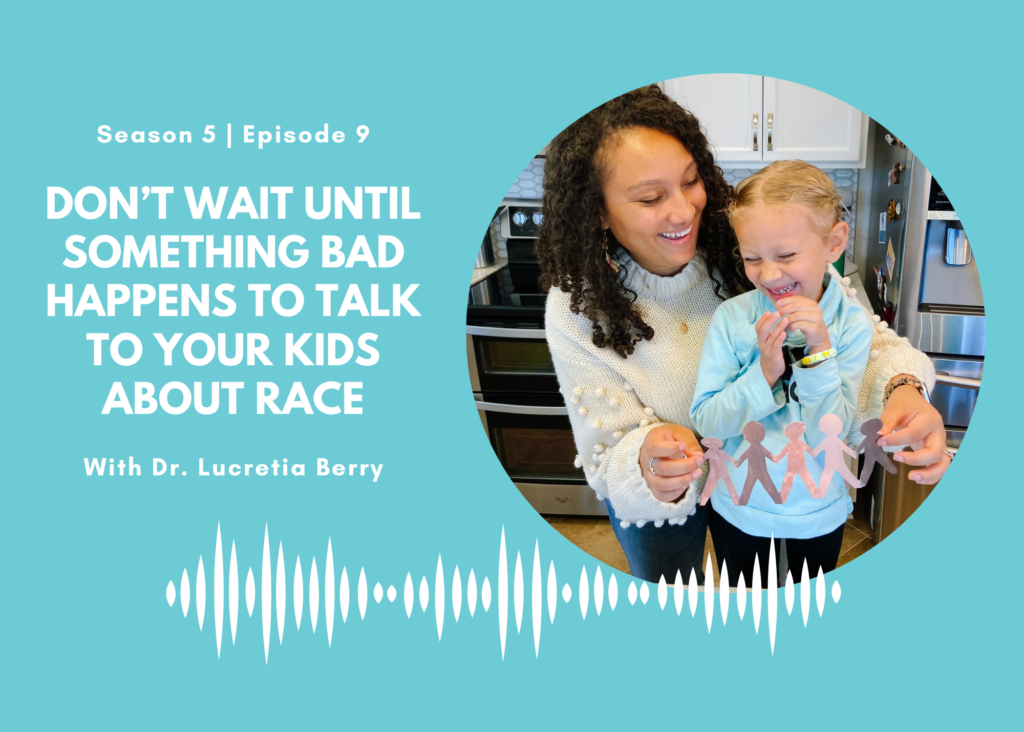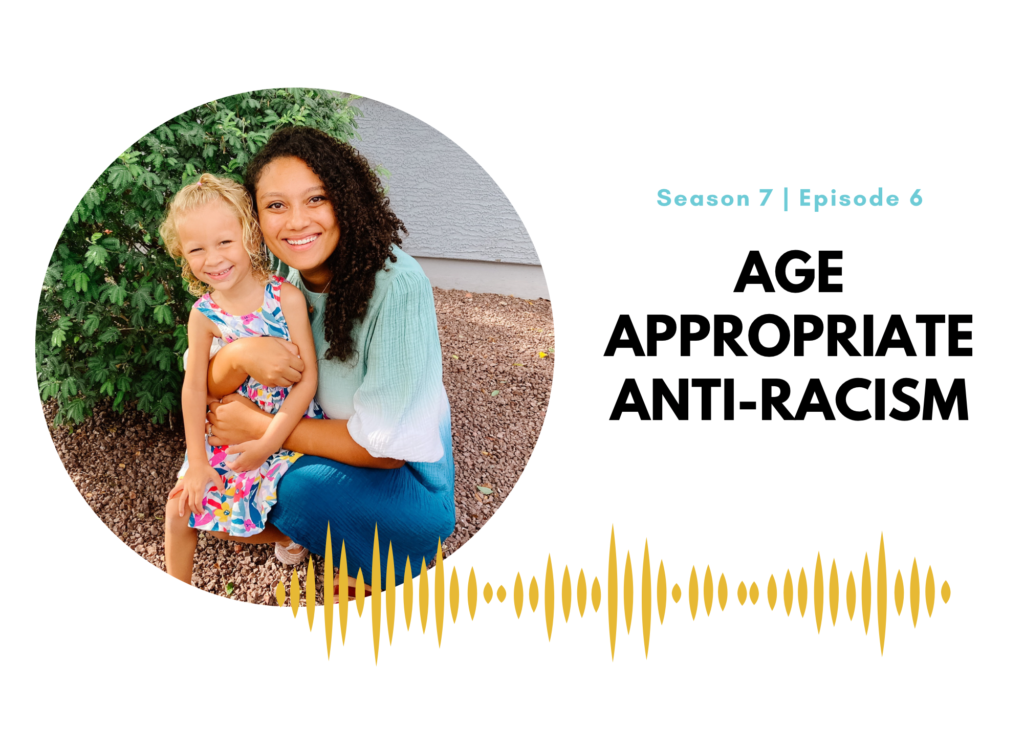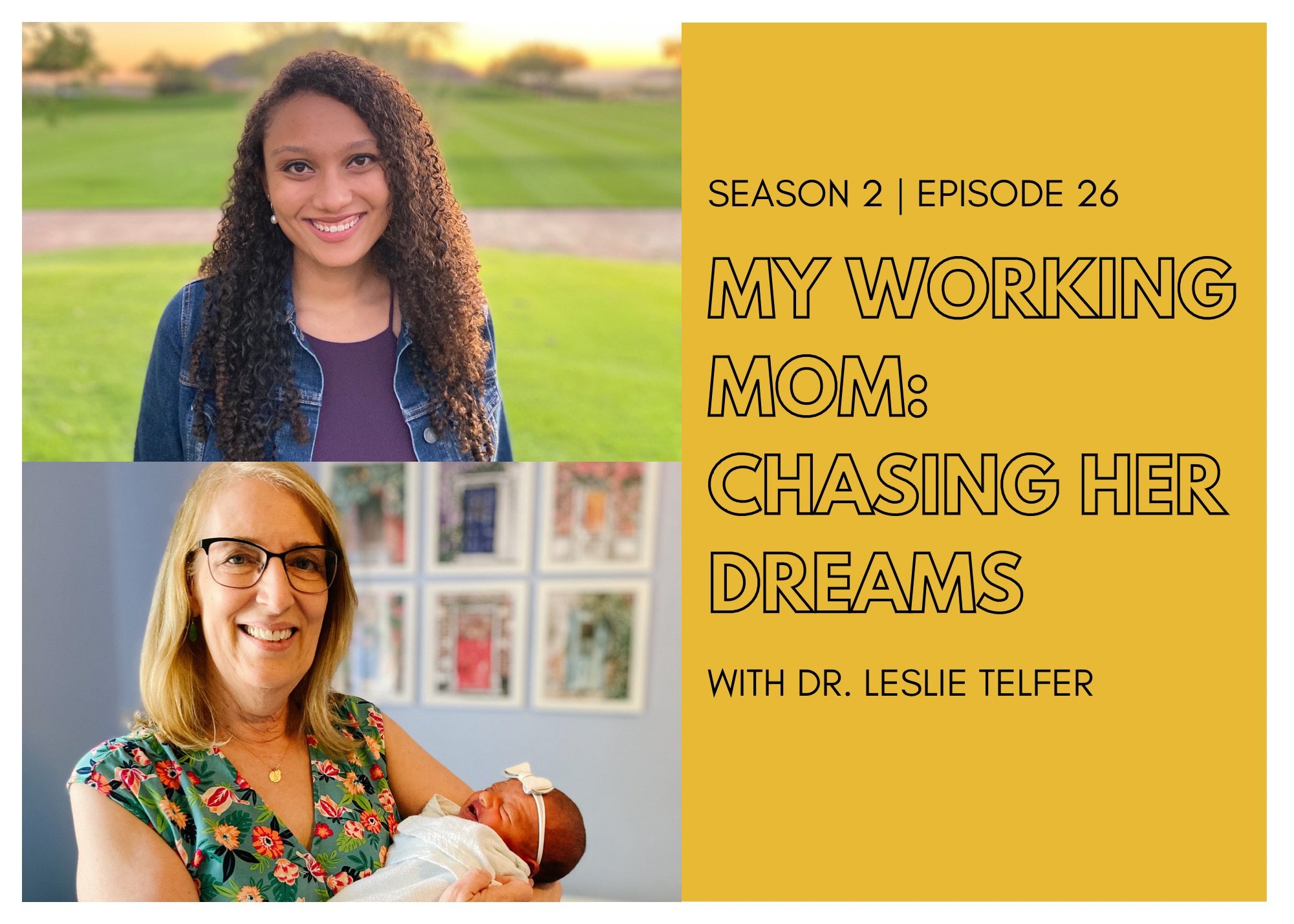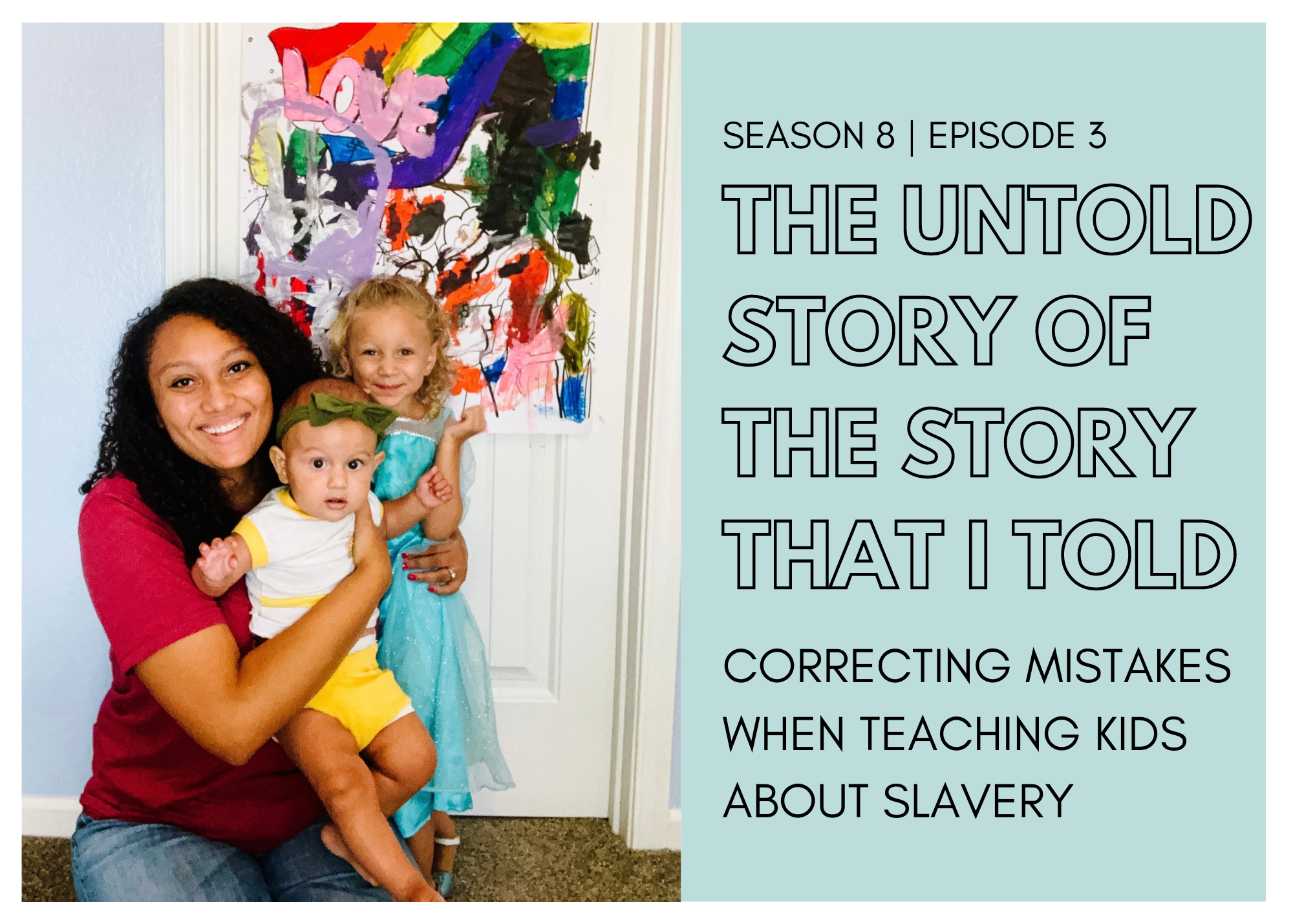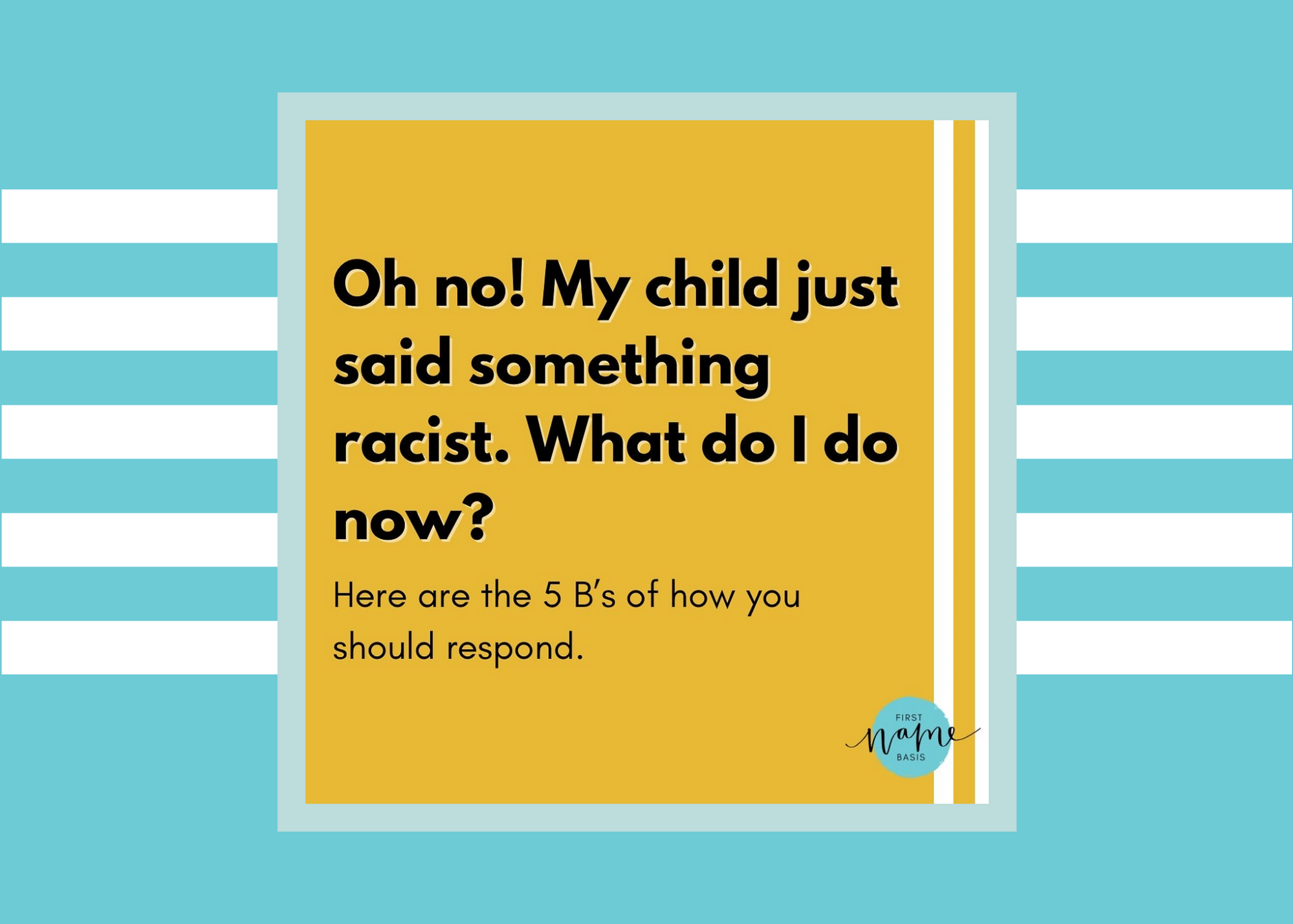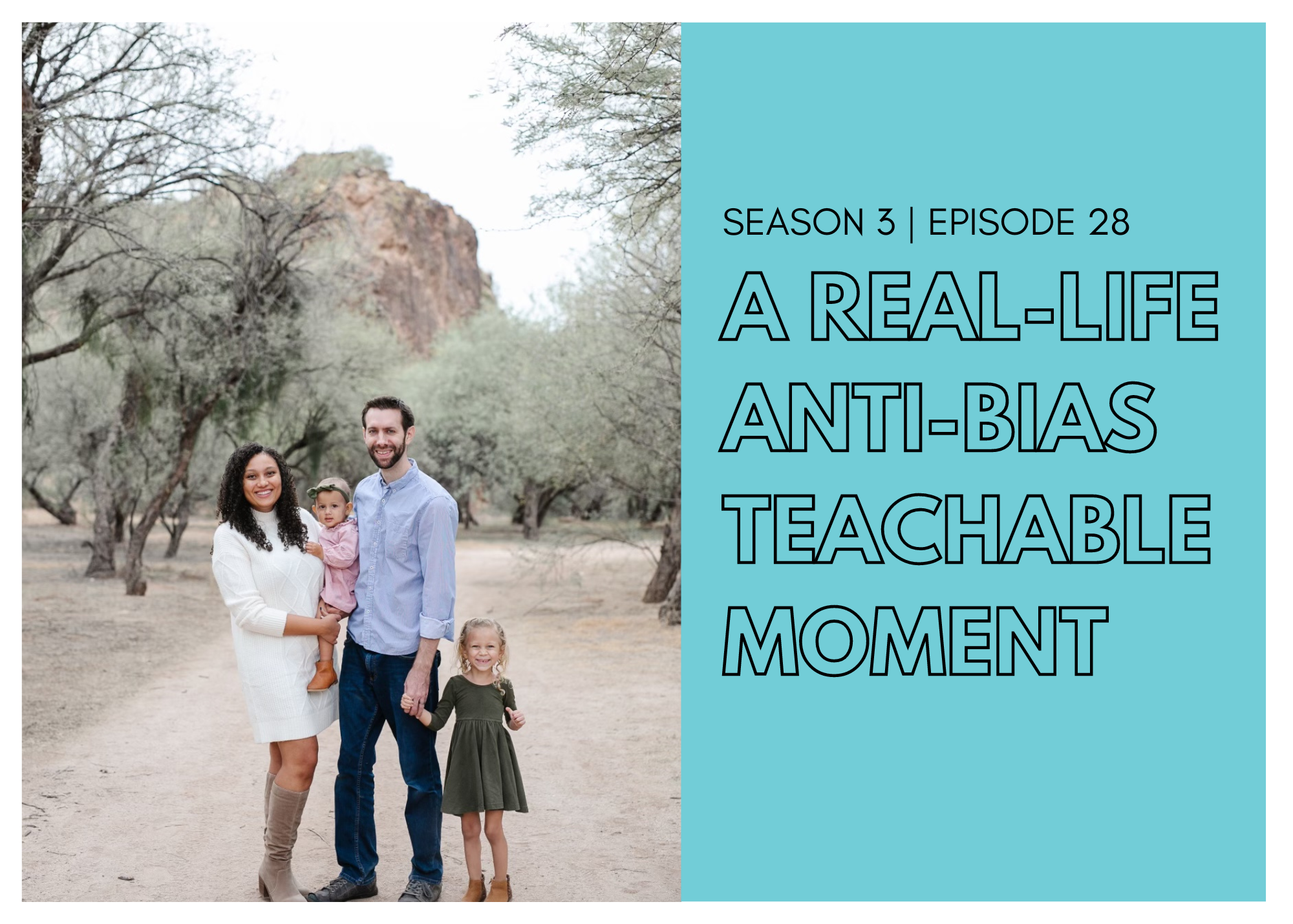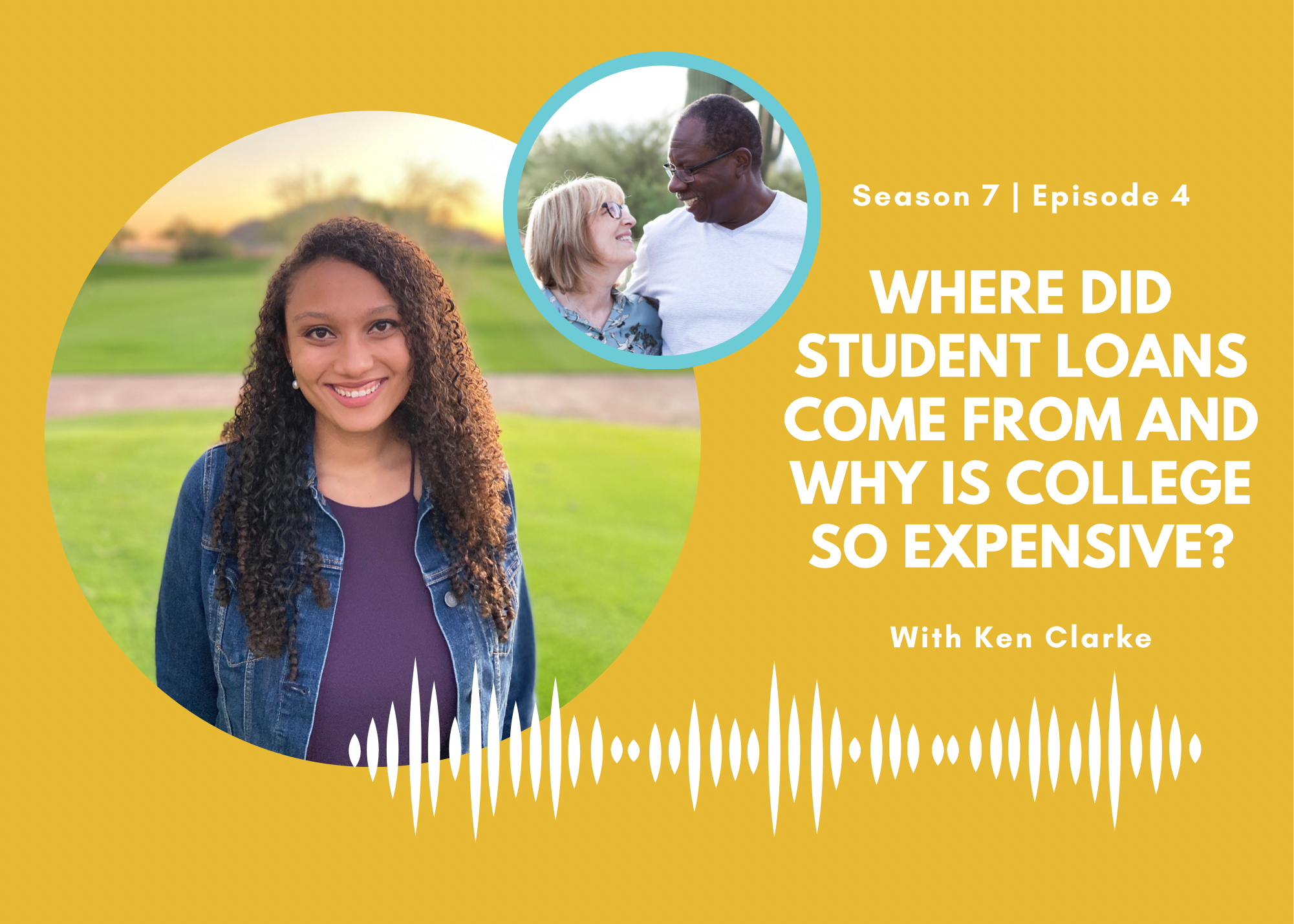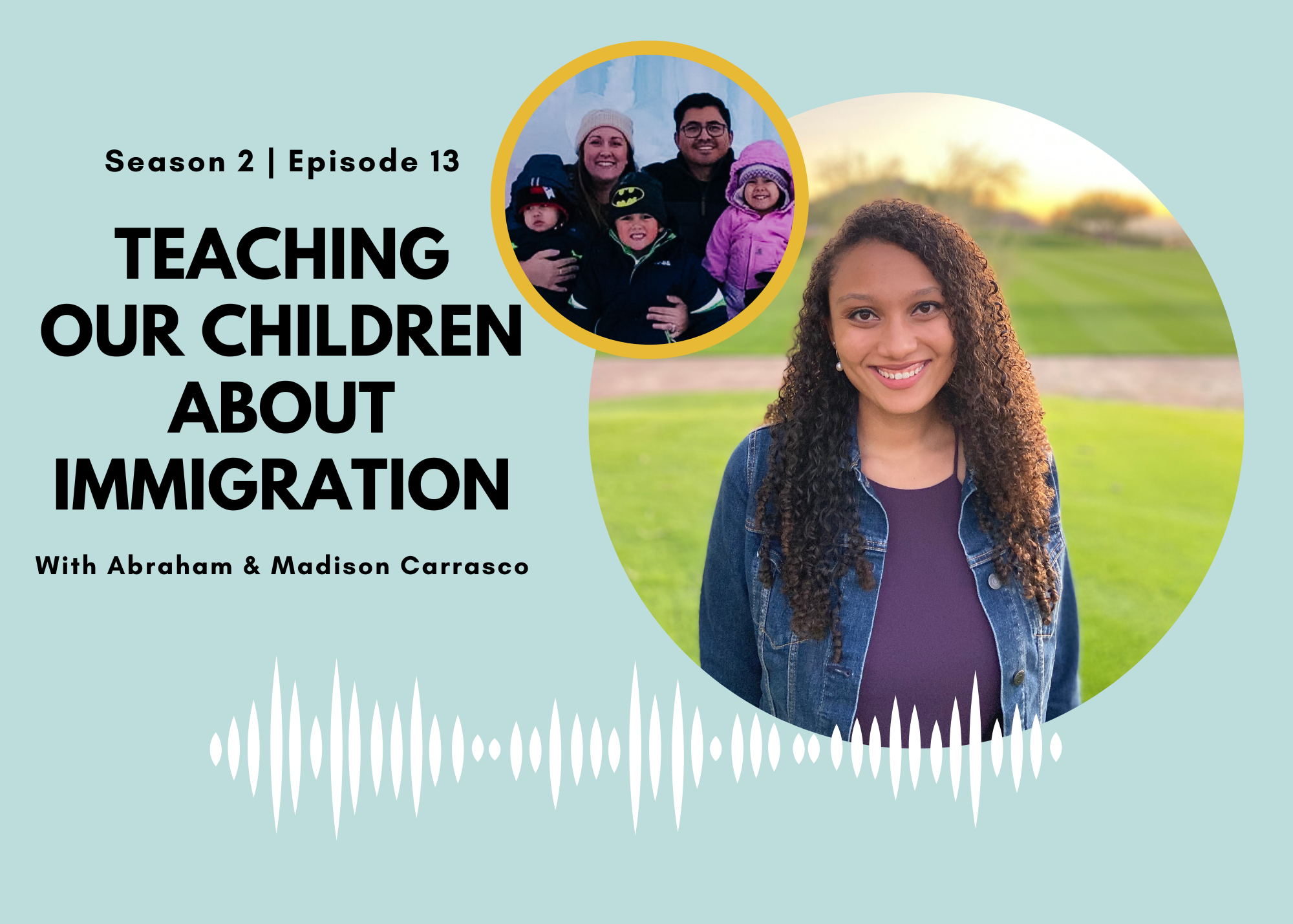How Do I Start Talking to My Kids About Racism?
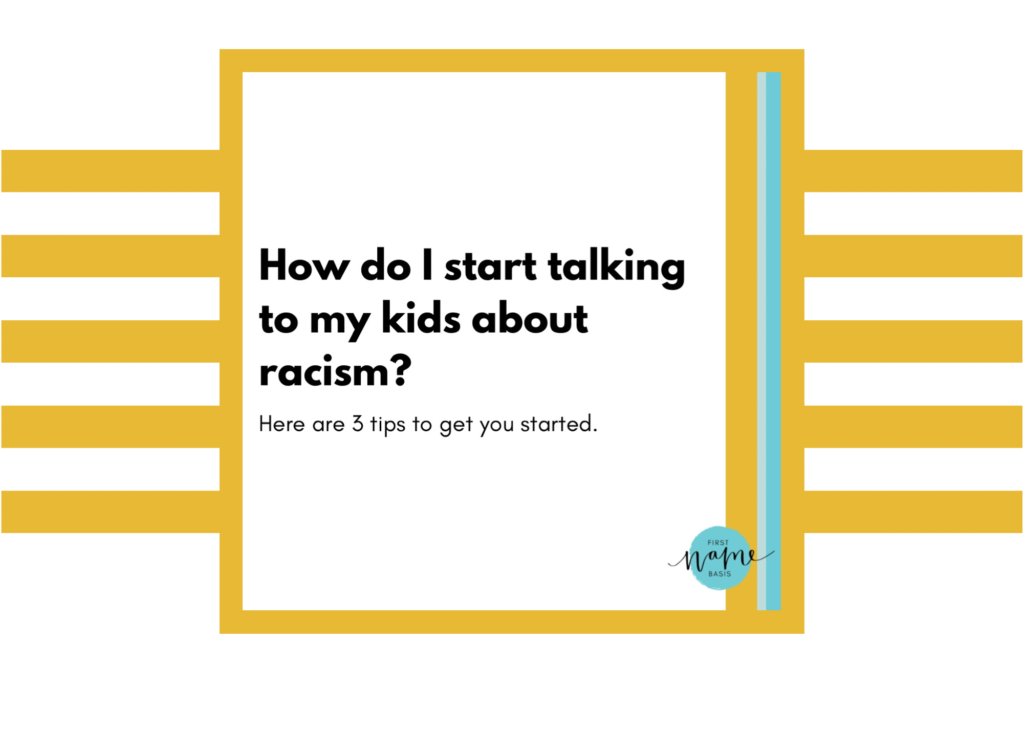
When your kiddo says something racist or is exposed to racism in some way, it is, of course, a time you need to respond and have a conversation with them about it.
But that’s not the only time you should be talking to your kids about race.
Talking to kids about race and racism needs to be proactive, not just reactive. The time to start talking to your kids about these topics is now. Here are three tips to get you started.
1. Teach your children that race is a social construct.
Race was created to justify slavery, and that is just a fancy way of saying that race was made up by human beings. It has no basis in biology. As Ta-Nehisi Coates says, “Race is the child of racism, not the father.” So if you think about it, racism existed and then race was created to explain it.
2. Teach your kids about implicit bias.
Implicit biases are the attitudes and stereotypes that affect your understanding and your decisions in a manner that’s unconscious (you don’t really know that it’s happening). We often think of racism as overt and obvious racist actions, but there is also racism that is born out of implicit bias.
Harvard researchers created the Implicit Association Test that you can take to learn more about your own implicit biases so you can then model for your children how to change your thinking around those biases. You can make observations out loud to your children that change those negative biases into positive thoughts. And then, of course, another thing that you can do is get on a first name basis with people who are different from you.
3. Teach your children to respond with humility.
Modeling this yourself is the best thing you can do. You are probably going to do and say things that are racist at some point, so when a person brings something up to you, it’s important that you respond in a way that helps them know that they can trust you.
People think that there is a binary of either you’re racist or you’re not, but that’s not how it works.
In each decision and action, you’re either doing things that are perpetuating racism, or you’re doing things that are anti-racist (i.e. trying to break down the systems). You can have a racist thought or do a racist thing and still be a good person, but it’s in your reaction to being corrected that change can occur.
If your reaction is, “I don’t ever want to do that again. How can I change?” it will be clear that you didn’t mean to say or do something racist, and the person who corrected you will know you are a safe person.
Don’t forget …
As Angela Davis says: “In a racist society, it’s not enough to be non-racist. We must be anti-racist.”
At First Name Basis, we’re here to help. Download our FREE Race Talk Roadmap resource to help you get started on your anti-racist journey. To get your copy, visit firstnamebasis.org/racetalk.
